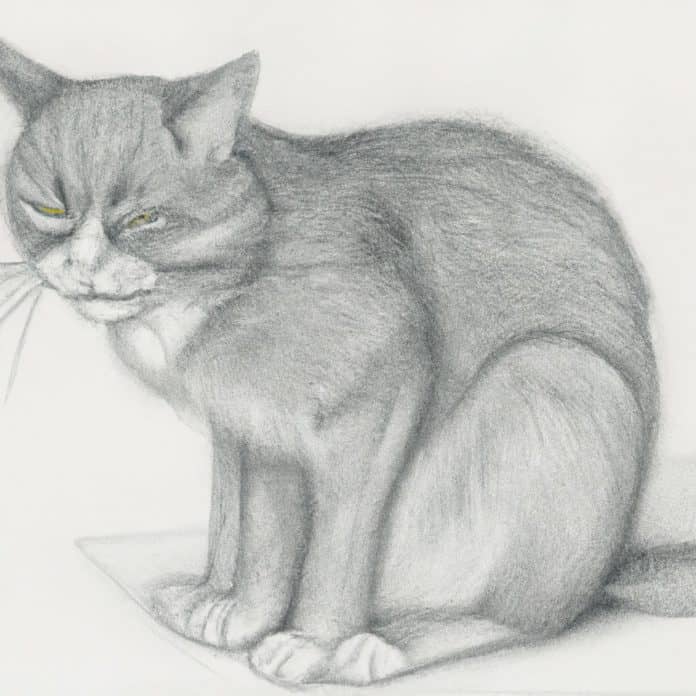Dear VetBabble: My cat has sesame seed-like worms, what should I do?
It’s concerning when you discover that your cat may have worms, particularly when they resemble sesame seeds. It’s essential to have your cat dewormed and examined, as there might be different parasites present. In this article, we will cover the steps you should take, the importance of worming, and some additional information about other common parasites that might affect your cat.
1. Identifying the Worms and Deworming
If you notice that your cat has small, sesame seed-like worms, it is vital to get her to a veterinarian for a proper examination. The vet will be able to identify the specific parasites and apply a suitable deworming treatment. Be sure to bring a fecal sample to your appointment, as it will help the vet determine if your cat has any other parasites, such as giardia or coccidia. To learn more about different types of worms and the symptoms associated with them, take a look at our article on Worms in Cats.
2. Importance of Regular Worming for Your Cat
Worms can cause several health issues in your cat, including anemia, weight loss, and gastrointestinal discomfort. Regular worming ensures that your cat is free from these parasites and maintains good health. Worming is particularly crucial for kittens, as they are vulnerable to contracting parasites from their mother’s milk. A regular worming schedule will also prevent worms from being transferred to humans, which can sometimes occur, especially in children. For more information on why worming your pet is so crucial, check out our article on Why Worming Your Pet Is So Important.
3. Understanding Other Common Parasites in Cats
Aside from worms, cats can also be affected by other parasites, such as fleas, ticks, and mites. These parasites can cause further discomfort, irritation, and health issues for your cat. It’s essential to be vigilant about your cat’s hygiene and keep an eye out for any unusual symptoms or behavior. If you suspect that your cat might have additional parasites, consult with your veterinarian for appropriate treatment options. To understand more about the various parasites that can bother your cat and what you need to know, read our article on Fleas, Ticks & Worms: What You Need to Know.
In addition to worms, your cat could also have coccidia, a different type of internal parasite. Coccidia can cause diarrhea, vomiting, and dehydration in cats, especially in kittens. This parasite is typically contracted through contact with infected feces or contaminated surfaces. If you believe that your cat might have coccidia, it’s essential to consult with your veterinarian for a proper diagnosis and treatment. For more information, take a look at our article on Coccidia in Cats: Symptoms, Causes, and Treatment.
Overall, it’s crucial to maintain your cat’s health by administering regular deworming treatments and keeping an eye out for any signs of parasites. By addressing these issues promptly and with the help of a veterinarian, your cat can enjoy a comfortable and parasite-free life.









